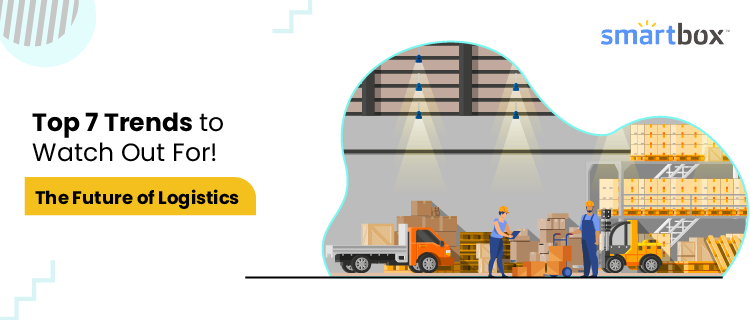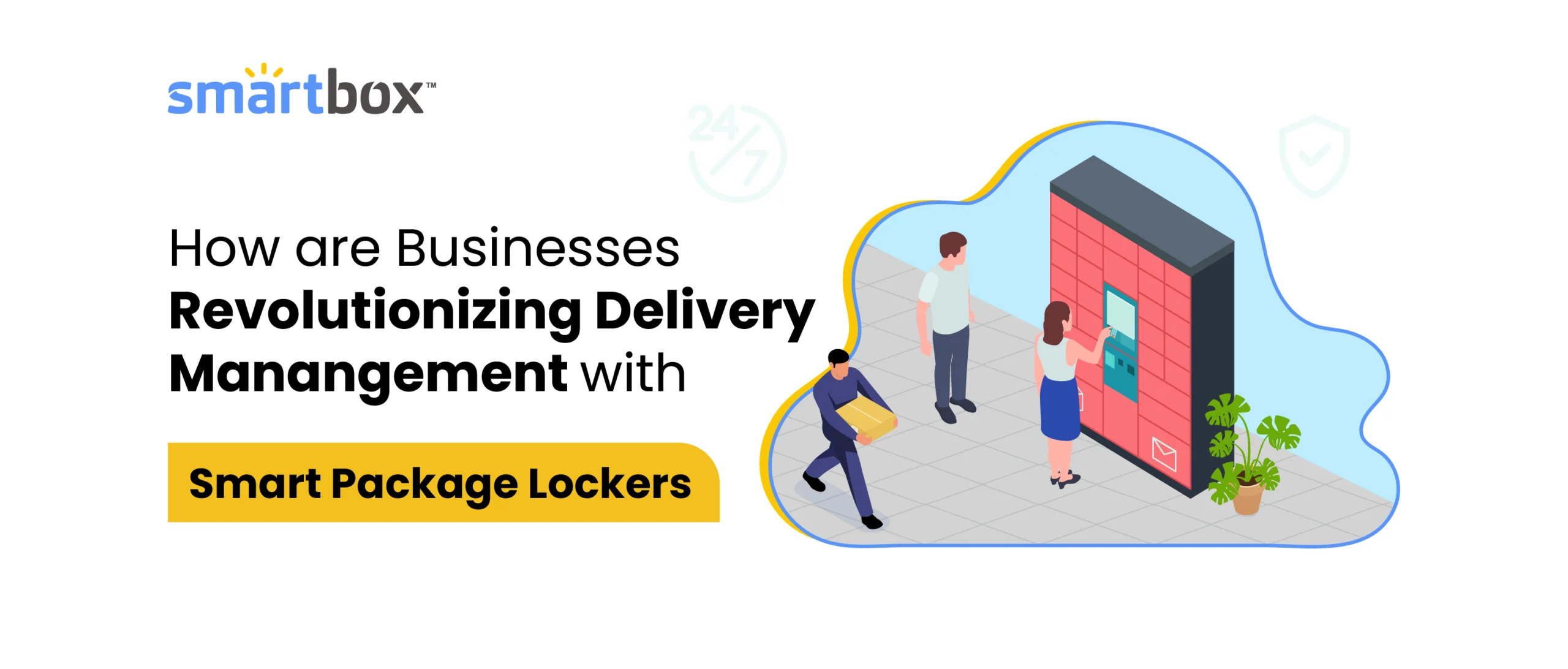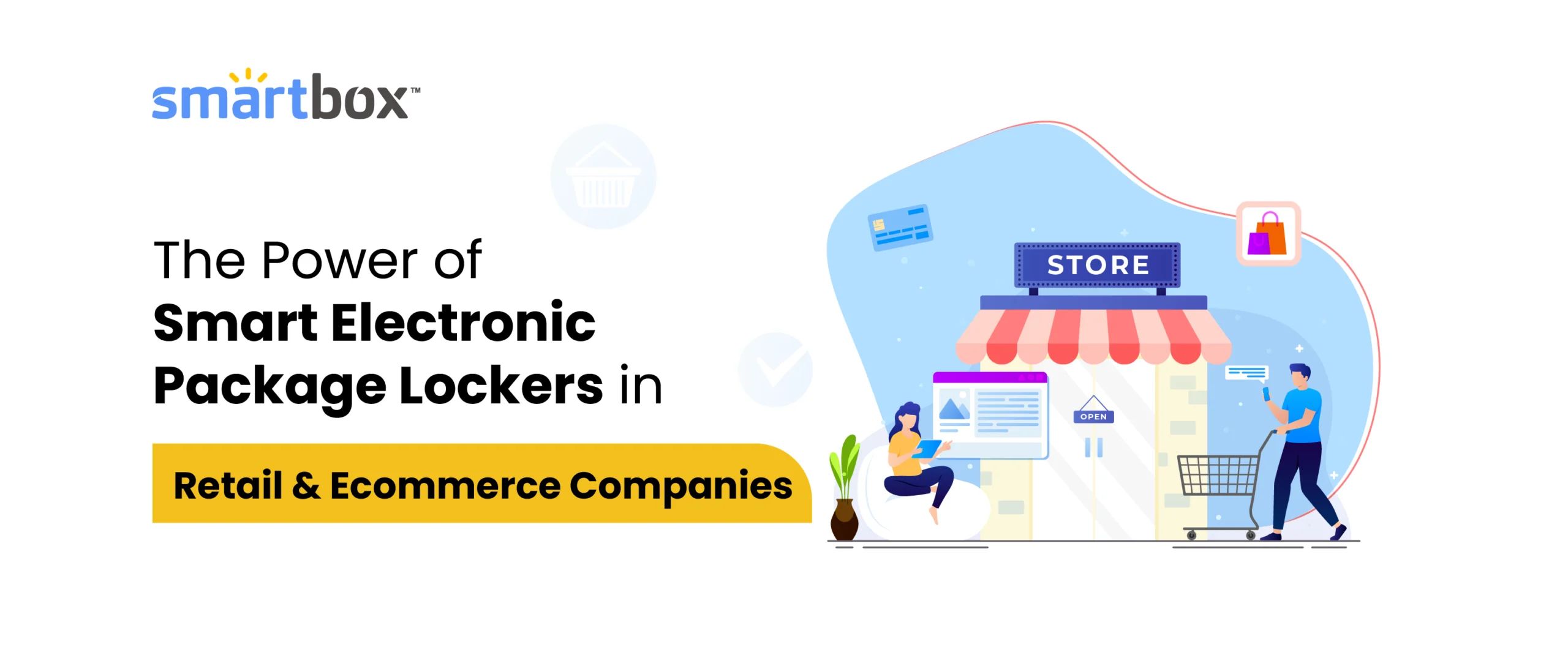As the logistics industry continues to evolve, staying on top of the latest logistics trends is critical for companies to remain competitive. The logistics industry is poised for significant changes in the upcoming future, driven by technological advancements, changing customer expectations, and sustainability concerns.
Today, we will shed some light on the top 7 logistics trends to watch out for in the current digital advancement. From the continued digitalization of logistics operations to the rise of sustainable logistics practices, we will explore the key trends that are shaping the future of logistics.

Introduction to Logistics
Logistical business is always on an upwards trajectory regardless of constant changes in other business sectors. Whether you are a logistics professional or simply interested in the business sector, it is imperative to know about the latest logistics trends in the industry.
As the number of retail companies is growing each year, the process of logistics management and transportation is becoming more complex than ever. This is where automated lockers (aka smart lockers) come into play. These digital lockers help manage all the logistics operations related to package management whether it is security or speed. Smart lockers increase the speed extensively while making it more convenient since the speed of delivery and product quality are some of the important factors that determine the success of any logistics company.
Before we talk about smart lockers and their role in empowering the logistics sector, let’s discuss some of the logistics trends in the e-commerce logistics market.
Last Mile Delivery Innovations
Last mile delivery innovation refers to new and improved methods, technologies, and strategies that are being developed to optimize the final stage of the delivery process, from the transportation hub to the customer’s doorstep. This final leg of the delivery process is often the most complex and challenging, as it involves navigating through busy city streets, dealing with traffic congestion, ensuring the condition and timely delivery of all packages.
Hence, last-mile delivery solutions have become essential for companies that want to remain competitive in the logistics industry. By improving the efficiency and reliability of last mile delivery, companies can enhance the customer experience, reduce costs, and improve their bottom line. Advances in technology, such as autonomous vehicles, smart lockers, drones, and mobile warehouses, are driving innovation in this area.
Digitalization
Digitalization is reshaping the way logistics operations are managed and executed just like its adoption in every other sector. As more and more companies are adopting digital technologies, logistics companies are also leveraging these advancements to optimize their operations and improve their bottom line.
The latest technologies are being used to streamline logistics processes, reduce costs, and improve efficiency. As companies continue to adopt new technologies and embrace digitalization, the logistics industry is poised for continued growth and evolution.
Outsourcing & Collaboration
Outsourcing and collaboration has been helping millions of businesses since the beginning of time. There’s nothing different in the logistics domain. Most logistics providers (3PL) have started exploring resources to improve their operations, reduce costs, and focus on their core business activities.
Outsourcing logistics operations can take many forms, from transportation and warehousing to order fulfilment and supply chain management. Logistics service providers can offer a range of services tailored to the specific needs of their clients, providing flexibility and scalability to meet changing demands. Collaboration among shippers, carriers, and suppliers can help improve communication, coordination, and efficiency in logistics operations. Collaboration can also help mitigate risks in logistics operations.
Customization
Customization has emerged as one of the most critical logistics trends, with companies looking for innovative ways to tailor their operations to meet the unique needs of their customers. The rise of e-commerce and the increasing demand for personalized experiences has fueled the growth of customization in the logistics sector, as companies seek to differentiate themselves from their competitors and provide a superior customer experience.
Technology-driven solutions and development of customized logistics solutions for specific industries are the areas where customization is becoming increasingly important. By leveraging these solutions, logistics providers can easily differentiate themselves from their competitors and provide a superior customer experience that drives customer loyalty and business growth.
Sustainability
Sustainability has become a top priority for companies operating in the logistics industry. With the increasing awareness of the impact of logistics on the environment, many companies are adopting sustainable practices to reduce their carbon footprint and promote environmental-friendly operations.
With the adoption of sustainability comes another challenge of finding the most important attribute to focus on. The adoption of sustainable logistics practices is essential for the long-term viability of the logistics industry. By reducing emissions, minimizing waste, and promoting circular economy principles, logistics companies can contribute to a more sustainable future while also improving their bottom line.
Automation
Automation has been a game-changer in the logistics sector, driving significant improvements in efficiency, accuracy, and speed. One area where automation is having a significant impact is in the use of smart lockers. These innovative storage units use technology to automate the process of package delivery and pickup, providing a secure and convenient solution for both customers and logistics providers.
Automated warehouses, self-driving delivery vehicles, and robotic systems are just a few examples of how automation is transforming the logistics landscape. Automation is empowering the logistics industry by increasing efficiency, reducing costs, and improving customer experience. As technology continues to advance, we can expect to see even more innovative uses of automation in the logistics industry.
Real-time Tracking
Real-time tracking is becoming mandatory in the logistics sector, driven by the need for increased visibility and transparency in the supply chain. Real-time tracking enables logistics companies to monitor the movement of goods from start to finish, providing valuable insights into delivery times, shipment status, and potential delays.
One of the key areas where real-time tracking is having a significant impact is in the adoption of GPS and IoT-enabled devices. These devices can be attached to shipments, providing real-time updates on their location, temperature, and other important data points. This enables logistics providers to optimize their delivery routes, reduce transportation costs, and improve delivery times.
What’s the Role of Smartbox in Logistics Industry?
The above-mentioned pointers may be the latest logistics trends but Smartbox has been pounding on these for a long time. The automated lockers offered by Smartbox are a last-mile innovations in themselves as they help automate the overall logistics operations. With the help of a smart locker individuals as well as businesses can make the whole process of receiving and delivering packages swift and secure.
Additionally, with hardware and software to meet the latest technology trends, Smartbox lockers are assisting logistics companies.
Conclusion
The logistics industry is experiencing rapid transformation, driven by the latest advancements in technology, changing customer expectations, and a greater emphasis on sustainability. We just explored the top seven logistics trends shaping the industry in 2023 and how smart lockers are fitting in to provide a seamless and efficient logistics experience.
From last-mile delivery innovations to automation and customization, sustainability, digitalization, outsourcing & collaboration, and real-time tracking, smart lockers are playing a critical role in meeting the demands of a rapidly evolving logistics sector. Smart lockers offer a secure and convenient solution for package delivery, while also providing valuable data and insights to optimize logistics operations.
As the logistics industry continues to evolve, we can expect smart lockers become an increasingly important tool for logistics providers looking to stay ahead of the curve.
By leveraging the latest innovations and logistics trends, logistics companies can optimize their operations, reduce costs, and provide superior customer experience.
For more details on Smart lockers, contact us at: info@smartboxlockers.com
Don't forget to share this post!




